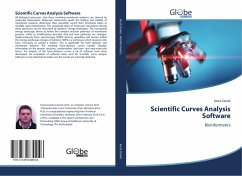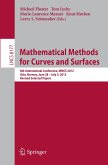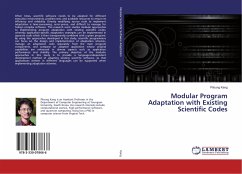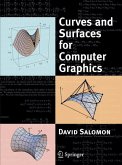All biological processes, also those involving membrane proteins, are steered by molecular interactions. Molecular interactions guide the folding and stability of membrane proteins, determine their assembly, switch their functional states or mediate signal transduction. The sequential steps of molecular interactions driving these processes can be described by dynamic energy landscapes. The conceptual energy landscape allows to follow the complex reaction pathways of membrane proteins, while its modifications describe why and how pathways are changed. Single-molecule force spectroscopy (SMFS) detects, quantifies and locates within the energy landscape changes of proteins. SMFS is a technique which measures the force necessary to unfold a protein. This is applicable for both globular and membrane proteins. The resulting force-distance curves contain valuable information on the protein structure, conformation, and inter- and intra-molecular forces. For analysis of the force-distancecurves a lot of software tools were developed. An evaluation of software tools used for scientific curve analysis software is very important to make sure the events are correctly detected.
Bitte wählen Sie Ihr Anliegen aus.
Rechnungen
Retourenschein anfordern
Bestellstatus
Storno








